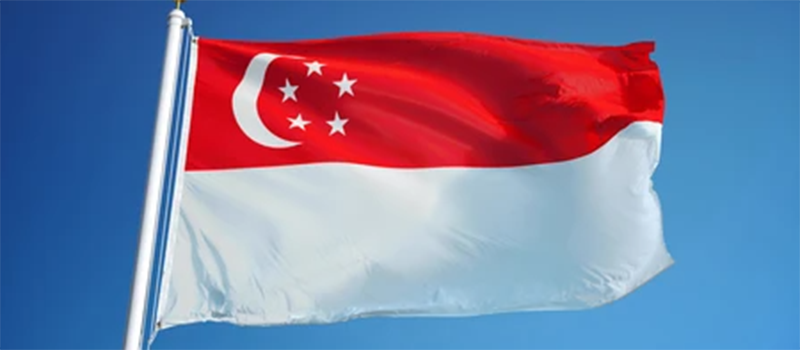Singapore’s response to the US tariffs imposed by President Donald Trump highlights the deep economic and diplomatic challenges the country faces as a result of the escalating trade tensions. Prime Minister Lawrence Wong expressed significant disappointment over the tariffs, particularly as they were imposed despite the long-standing friendship between the US and Singapore. The 10% tariff, though less severe than those imposed on other nations, still marks a significant blow to Singapore’s economy, which is heavily dependent on trade and external markets.
Wong’s address underscores the growing concerns about a global trade war, which could have serious implications for smaller, trade-reliant economies like Singapore. He warned that the country’s economic growth forecast for this year would likely be downgraded as the ripple effects of the US tariffs are felt globally. While Singapore may avoid a full recession, the trade-dependent nation is set to experience a significant economic slowdown, exacerbated by the unraveling of the global free trade system.
This situation highlights the complexity of global trade relations and the precarious position of smaller nations caught in the crossfire of a major economic dispute between the world’s largest economies. Singapore’s response to the US tariffs calls for caution and preparation, as the government works to navigate the challenging economic landscape.
It will be interesting to see how Singapore adapts to these pressures and whether it can mitigate the effects of the trade disruptions. What do you think will be the long-term impact of these tariffs on Singapore’s economy and its relationship with the US?


